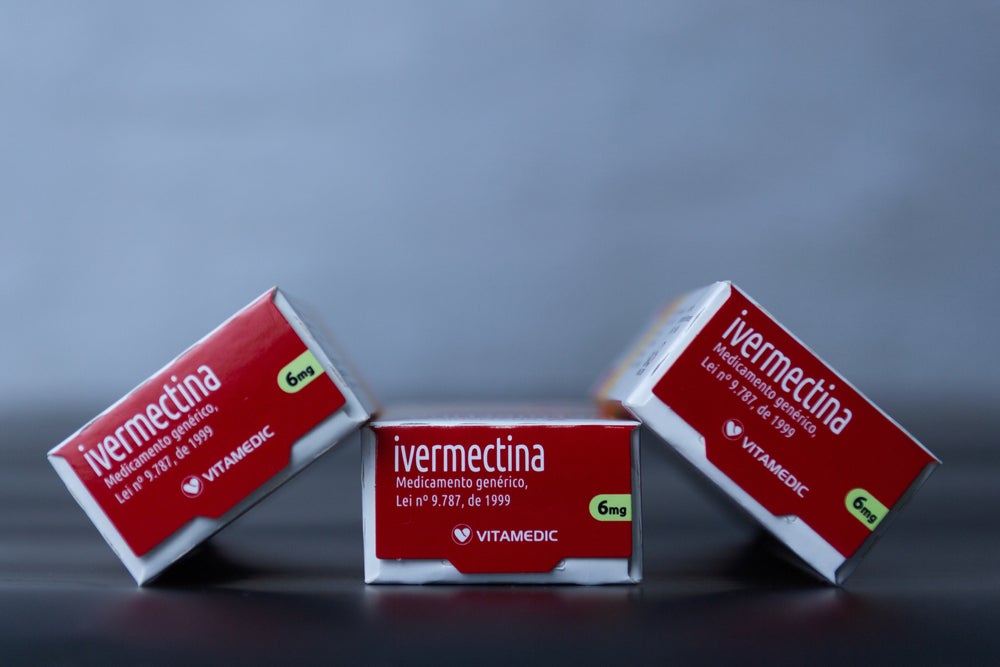Verify the supplier’s license and registration with relevant health authorities. Check for transparency regarding their sourcing and manufacturing processes. Look for independent verification, such as certifications from reputable organizations. Customer reviews offer valuable insights; prioritize those detailing specific experiences. Always review the website’s security protocols – look for SSL encryption (HTTPS). Ensure secure payment options are available, avoiding those lacking encryption. Compare prices, but remember the cheapest option might compromise quality or safety. Consider suppliers with established track records and a history of positive customer feedback. Contact the supplier directly with specific questions; a quick, helpful response signals reliability. Avoid suppliers with suspiciously low prices or those lacking essential contact information.
Checking Supplier Credentials
Scrutinize their website for detailed information on their business practices. This includes their physical address, contact details, and details about their team. Confirm the information independently through online searches or by contacting relevant regulatory bodies. Look for a clear return policy in case of product defects or issues.
Safeguarding Your Purchase
Use secure payment gateways like PayPal or credit card processing systems with established security measures. Avoid using wire transfers or cash payments as these offer minimal buyer protection. Always confirm your order details before proceeding with payment. Save copies of all transaction records and communication with the supplier for your records. Report suspicious activity immediately to the appropriate authorities.



